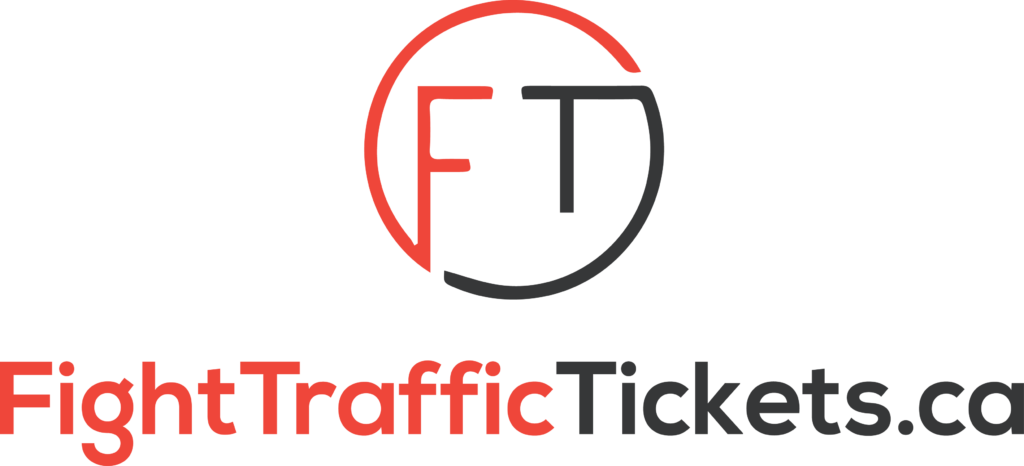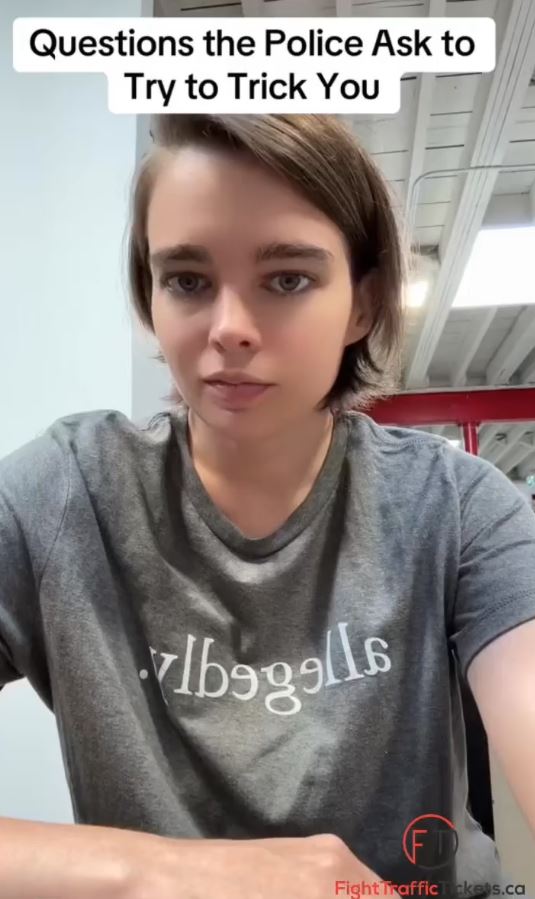How to Protect Yourself During a Traffic Stop: Avoiding Police Trick Questions
If you’ve been pulled over by the police in Ontario, you might be aware of the stress and confusion that can arise during a traffic stop. One of the most important things you need to remember is that the police may ask you certain questions designed to get you to incriminate yourself. These questions can be tricky and may lead to you unknowingly making admissions that can hurt your case in court.
In this article, we will break down the three most common questions that police officers will ask during a traffic stop and explain why answering them could be detrimental to your defense. You’ll also find out how to protect your rights and what to do if you ever find yourself in this situation.
Section 1: Why Do Police Ask Trick Questions During a Traffic Stop? When you’re pulled over by the police, they may ask you certain questions to gather evidence that could potentially be used against you. These questions are often designed to catch you off guard and prompt you to make statements that may harm your defense later on.
Asking questions such as “Do you know why I stopped you?” or “Do you know how fast you were going?” are not merely inquiries—they are strategically designed to get you to admit guilt. Police officers are trained to ask questions in ways that can lead you into providing answers that may later be used against you in court.
Section 2: The 3 Most Common Police Trick Questions
- “Do you know why I stopped you?” This is perhaps the most common question asked during a traffic stop. It’s designed to get you to admit that you were speeding, using your phone, or committing some other violation. If you answer this question with something like, “Yes, I was speeding,” you’ve just made an admission of guilt that could be used against you in court.What should you do? If asked this question, the best response is to remain silent. It’s important not to give the officer any evidence that they can use against you later.
- “Do you know how fast you were going?” This question is designed to catch you in a lie or force you to make an admission of guilt. If you say you were speeding, you’ve just provided evidence that could be used in court. If you say you don’t know, the officer may argue that you were not aware of your actions, which could hurt your credibility.What should you do? The safest response is to tell the officer that you don’t know how fast you were going and ask them to clarify.
- “Have you had anything to drink today?” This question is often asked if the officer suspects impaired driving. However, answering this question can lead to even more trouble. Whether you admit to drinking or deny it, the officer may use your response to evaluate your behavior and appearance.What should you do? The best response is to remain silent. Lying about drinking could get you into even more trouble, and admitting to drinking could open the door to further questioning and investigation.
Section 3: What Are Your Rights During a Traffic Stop? Knowing your rights during a traffic stop is crucial. In Ontario, as in other parts of Canada, you have the right to remain silent and not answer any questions that may incriminate you. This means you don’t have to answer the trick questions that police ask during a traffic stop.
It’s important to note that refusing to answer questions or remaining silent is not an admission of guilt. You are fully within your rights to remain silent and politely inform the officer that you choose not to answer their questions. However, it is essential to remain calm, polite, and respectful throughout the interaction.
Section 4: How Fight Traffic Tickets Legal Services Can Help You If you’ve been pulled over and received a traffic ticket, it’s important to take the next steps carefully. Fight Traffic Tickets Legal Services specializes in connecting drivers in Ontario with licensed paralegals and lawyers who can provide expert defense for traffic tickets, speeding violations, and other related offenses.
Why Choose Us?
- Expert Legal Connections: We connect you with experienced paralegals and lawyers who specialize in traffic ticket defense.
- Former Police Prosecutor on Your Side: With the expertise of a former Crown Attorney, we ensure that you receive the best possible representation.
- Fight Your Ticket without the Risk: Let us help you fight your ticket, so you don’t damage your driving record or face hefty fines.
If you’ve received a traffic ticket, it’s crucial not to pay it without speaking to a legal professional first. Paying the ticket is considered an automatic admission of guilt, which will go on your driving record and could lead to potential consequences like a license suspension.
Section 5: How to Get Started Getting started with Fight Traffic Tickets Legal Services is simple. We specialize in qualifying prospects and connecting them to the right legal experts who can help resolve their cases. Here’s how you can get started:
- Contact Us: Reach out to us via phone at (647)-694-3726 or visit our website at www.fighttraffictickets.ca for more information.
- Get Qualified: We will assess your situation and connect you with a licensed paralegal or lawyer who will take care of the rest.
- Fight Your Ticket: Our team will work with you to ensure the best possible outcome for your case.
Conclusion: When you’re pulled over, remember that the questions the police ask are often designed to get you to incriminate yourself. Protect your rights by remaining silent and reaching out to a qualified legal expert for help with your traffic ticket. At Fight Traffic Tickets Legal Services, we’re here to help you fight your ticket and ensure that you get the best possible outcome.
If you need help, don’t hesitate to contact us today!

